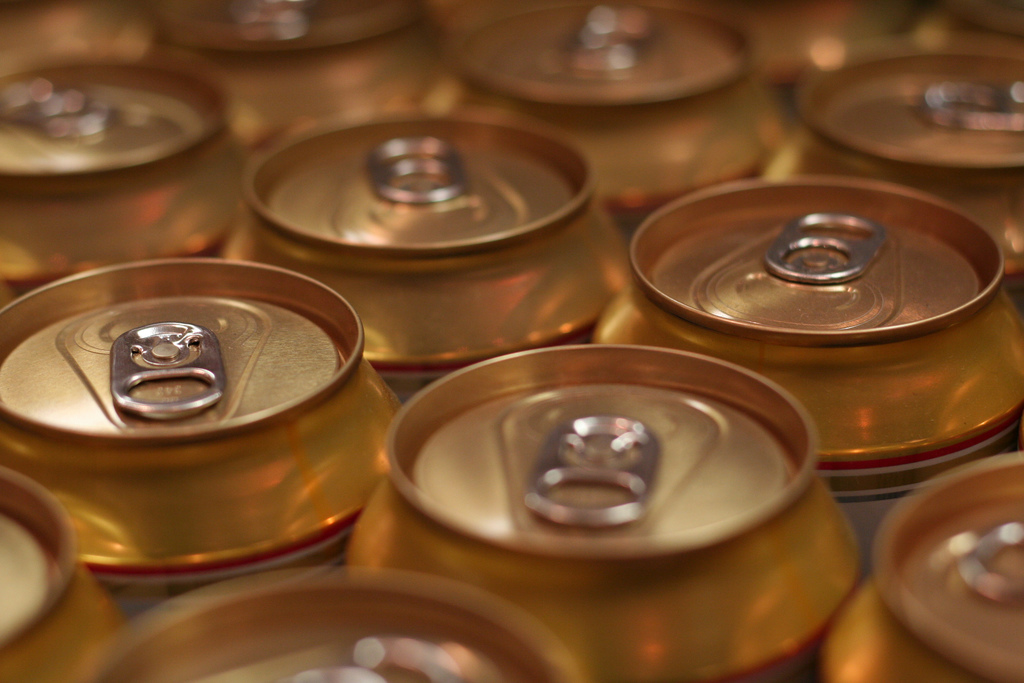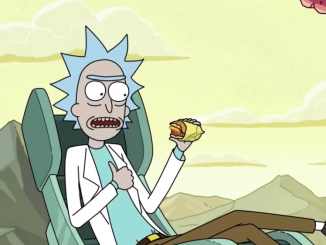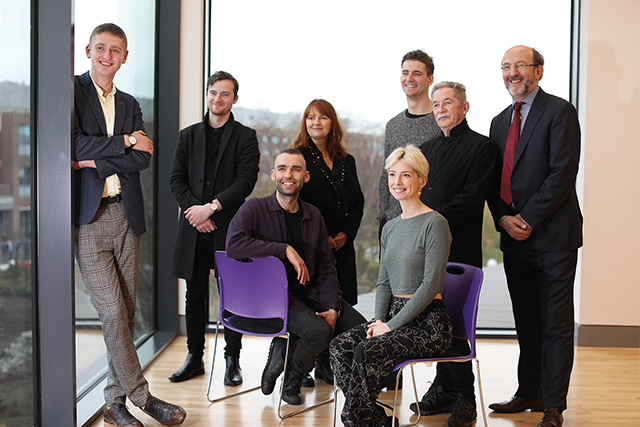
The retail price of alcohol rose significantly last week as a government decision that a minimum price of 10 cent per gram of alcohol must be introduced in all off-licenses and supermarkets.
Since the law came into effect last Tuesday, retailers must adhere to a minimum price of €1.70 for a standard can of beer while a 700 ml bottle of whiskey must be sold for at least €22.
24-packs of beer, often referred as ‘slabs’, which generally cost between €20 and €24 before MUP was introduced will now sell for a minimum of €40.80.
The law passed in May of last year and aims to eliminate binge drinking by preventing young people from buying alcohol at “pocket money prices,” according to Minister of State with responsibility for Public Health, Well Being and National Drugs Strategy.
A Primetime debate last Thursday highlighted the divisiveness of the law, with some arguing that the extra revenue generated should be spent on rehabilitation programmes instead of going to the retailer.
Alcohol Action Ireland representative Eunan McKinney argued that while the problem of alcoholism won’t disappear completely, the law still has many benefits.
“Minimum Unit Pricing isn’t a silver bullet to cure addiction,” McKinney said. “As long as we have alcohol, sadly we’re always going to have a level of people who are going to become addicted to what is an addictive substance.”
“Price is a fundamental part of that mix, but so is promotion, availability and the information that people have,” he added.
NUI Galway Students’ Union President Róisín Ni Lochlainn also featured on the show and argued that MUP will harm people with alcohol addiction more than it will help them.
“I don’t think it’s going to stop people from buying alcohol,” she said.
“I think it’s a complete head-in-the-sand move to think that increasing the price will stop people buying alcohol — it shows a profound misunderstanding of how addiction works.”
“People are going to go across the border [to Northern Ireland], or whether they’re just going to forego essential items, or whether they’re going to take to unsafe, cheaper substances, they’re still going to find a way,” she concluded.
Alcohol prices in Northern Ireland were already lower than the Republic before MUP, and with the difference growing larger some shop-owners have expressed concerns that their businesses will be harmed by the law.
Karol Scollan, who owns a Gala franchise near the border in Co. Leitrim told the Irish Times that he believes larger supermarkets will be hit the hardest because they had the ability to sell alcohol for little profit or even at a loss.
However he was conscious of the impact to his own business saying: “My worry is that they will go for the booze but fill up the car with other groceries when they are there. And they could get into the habit of going.”
Many have argued that an increase in alcohol prices will cause young people to start doing drugs in a bid to save money, however research does not support this.
Scotland and Wales have their own forms of MUP, although their price increases were not as large as those enacted here.
A UK study carried out last year found that most people reported drinking the same amount of alcohol as before MUP was introduced.
However, it concluded that on the whole, there was little evidence of a shift towards illicit substances or glue-sniffing.
A 2015 report by the Royal College of Physicians noted that alcoholism costs the State 3.7 billion a year on the healthcare system and in law enforcement as well as leading to three alcohol-related deaths a day.
However although alcohol-related deaths in Scotland fell after the introduction of MUP, they later began to rise again and 2020 marked the largest amount of annual alcohol-related deaths since 2008.
The only party to oppose MUP here was People Before Profit, however the youth wings of both Fine Gael and Fianna Fail have since voiced opposition to the law.
Ógra Fianna Fáil published a statement against MUP adding that the organisation “favours the development of a strategy that will truly tackle the issue of excessive drinking.”
Young Fine Gael also issued a statement the day before MUP took effect expressing “deep disappointment” with the government’s decision.
Art O’Mahony, the President of Young Fine Gael, said the law would “have a severe impact on the victims of substamce abuse, their families and theiur loved ones. It will result in important expenses such as heating, clothing and groceries being foregone in order to feed their addiction.”
“Minimum unit pricing will mean those on lowest incomes will see the cost of drink doubling in shops, while those of higher incomes will see no change at all. This is not fair,” the statement continued.
*This article was due for publication on the 11th of January but delayed due to a fault with our site*
Jamie Mc Carron
Image Credit: Flickr via Creative Commons



